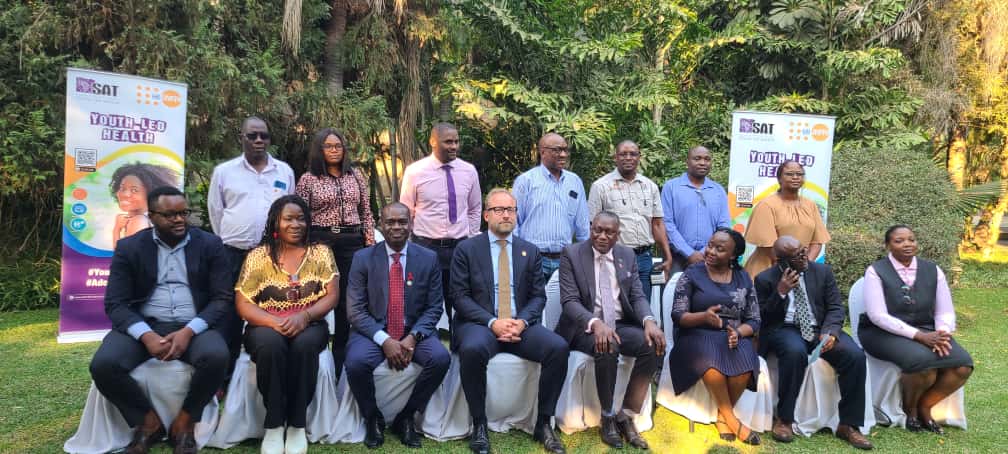By Seth Broekman
ON this International Day of the Girl Child, the world pauses to celebrate the potential of half its population under the theme: “The girl I am, the change I lead”
With 26% of Zambia’s population being adolescents, this demographic represents a significant and growing force, essential to the nation’s future. Among them are over 2 million adolescent girls aged 10-19, including about 1.1 million in early adolescence (10-14) and 966,000 in late adolescence (15-19). The well-being of this group is critical, as their journey will determine Zambia’s future trajectory across social, economic, and health sectors.
Every girl has the right to embrace her identity and choose her path in life; on her journey to adulthood, she must be protected, respected, and given the opportunity to thrive. Her aspirations must be heard and encouraged, and her rights and choices must be protected. However, for millions of these adolescent girls, this journey is full of risk, marked by persistent and complex challenges they did not create and which threaten to derail their potential.
Adolescent girls must be protected from violations such as child marriage and gender-based violence (GBV). With nearly 28% of adolescent girls being pregnant before 18, and the high rates of child marriage, their right to health, education, and dignity are compromised. Furthermore, adolescent girls and young women face a high risk of HIV and other sexually transmitted infections, necessitating targeted health and protection measures.
From an economic and societal standpoint, safeguarding adolescent girls is key to harnessing demographic dividends. When girls are supported to transition safely into adulthood, the nation too, can reduce its dependency ratio and build a more productive and skilled workforce. By avoiding early marriage and pregnancy, girls have greater opportunities for education, work and meaningful participation in society. This will, in turn, help break the cycles of poverty and strengthen Zambia’s long-term socioeconomic progress. These protective measures create the space for girls to step up as the leaders they are.
On this day, we celebrate the steps taken by the Government of Zambia, its partners, and our communities to build a just and protective future for our girls. A core foundation of this progress is the legal framework. We applaud the Government’s progressive leadership in harmonizing our laws. The amendment to the Marriage Act in December 2023, which sets the minimum age of marriage at 18 for both statutory and customary unions, is a legislative landmark. It sends a clear message: the time for harmful traditional practices that compromise a girl’s future is over.
Today, we also celebrate the over 139,000 adolescent girls engaged in Life Skills and Health Education interventions, equipping them with the knowledge and agency to make informed choices about their bodies and futures. We celebrate the girls who champion ASRHR advocacy, becoming peer educators both in school and out of school.
“Joining the Adolescent Health Club was the best decision I ever made. It gave me the confidence to lead and share the knowledge on SRHR with my peers. I used to be the one asking questions. Now, I’m the one answering them and ensuring my peers have the information they need to safeguard their futures.” Shares Ruth, a beneficiary of UNFPA’s Safeguard Young People Initiative, funded by the governments of Switzerland and the Netherlands, in Central Province.
When a girl steps up to meet the challenges she faces, such as Ruth, she must be sure that the world stands beside her, ready to chart the path forward, not for her, but with her. Let us commit, on this International Day of the Girl, to advancing the sexual and reproductive health and rights of adolescent girls, in all their beautiful diversities, wherever they live. Let us commit to working with girls to reach their full potential and build a bright future for themselves and their communities.
The author is UNFPA Country Representative


